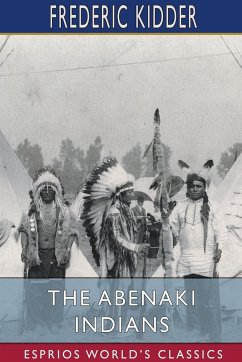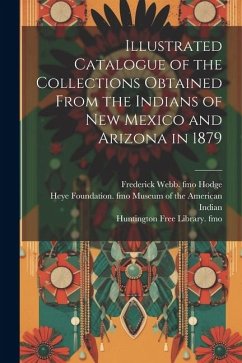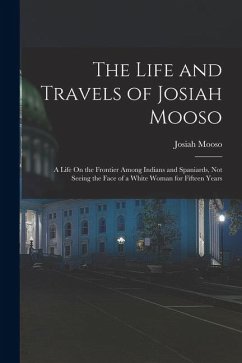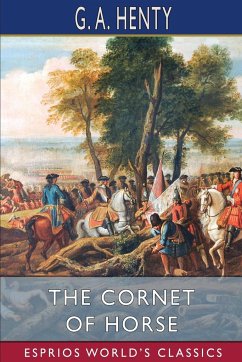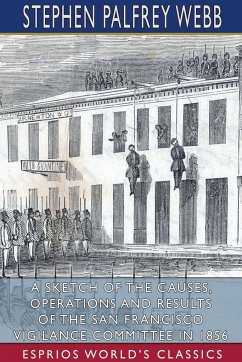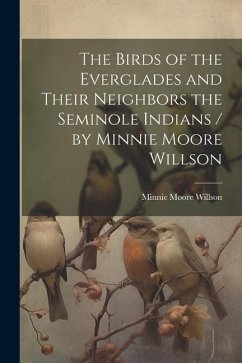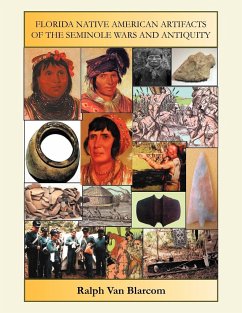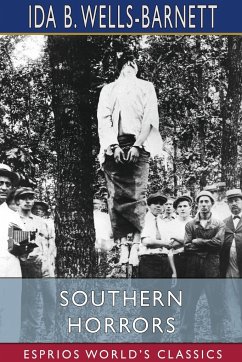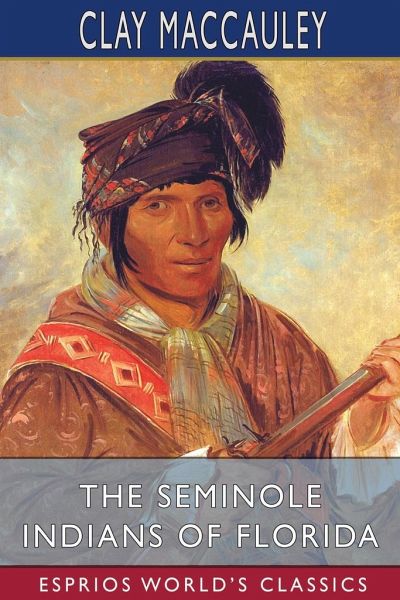
The Seminole Indians of Florida (Esprios Classics)
Versandkostenfrei!
Versandfertig in 1-2 Wochen
20,99 €
inkl. MwSt.
Weitere Ausgaben:

PAYBACK Punkte
10 °P sammeln!
"It will be convenient for me to describe the Florida Seminole as they present themselves, first as individuals, and next as members of a society. I know it is impossible to separate, really, the individual as such from the individual as a member of society; nevertheless, there is the man as we see him, having certain characteristics which, we call personal, or his own, whencesoever derived, having a certain physique and certain, distinguishing psychical qualities. As such I will first attempt to describe the Seminole. Then we shall be able the better to look at him as he is in his relations w...
"It will be convenient for me to describe the Florida Seminole as they present themselves, first as individuals, and next as members of a society. I know it is impossible to separate, really, the individual as such from the individual as a member of society; nevertheless, there is the man as we see him, having certain characteristics which, we call personal, or his own, whencesoever derived, having a certain physique and certain, distinguishing psychical qualities. As such I will first attempt to describe the Seminole. Then we shall be able the better to look at him as he is in his relations with his fellows: in the family, in the community, or in any of the forms of the social life of his tribe."




